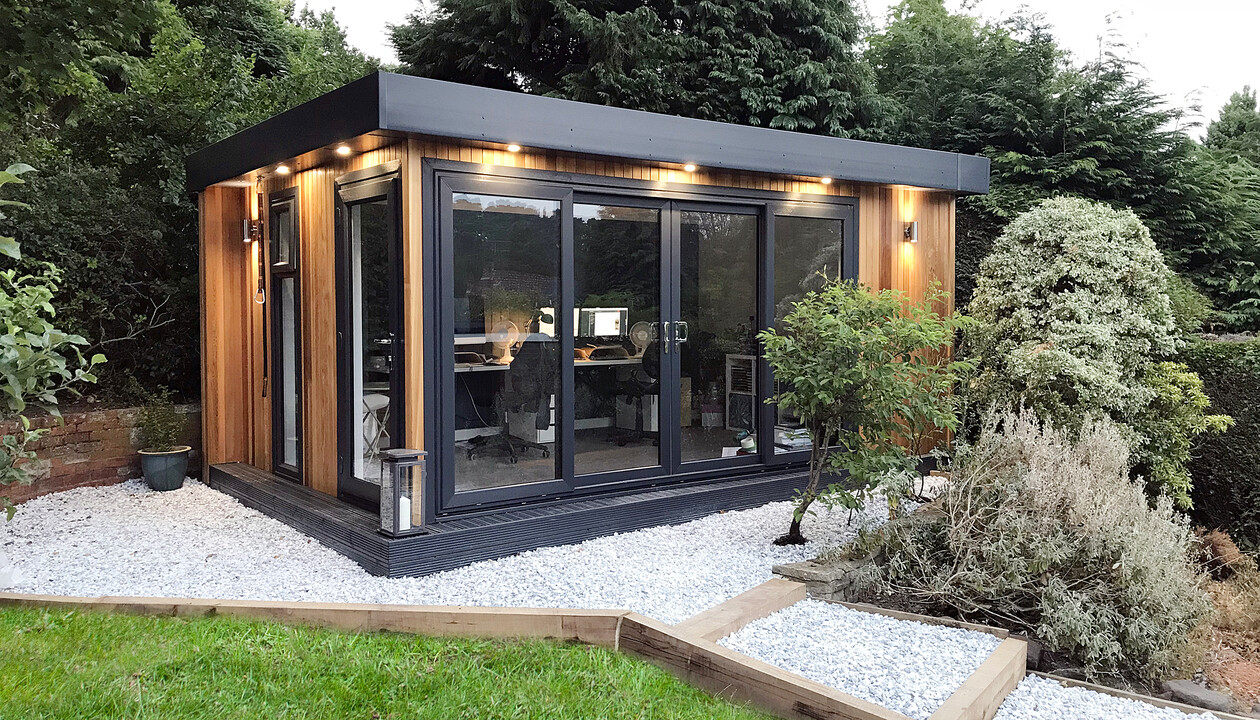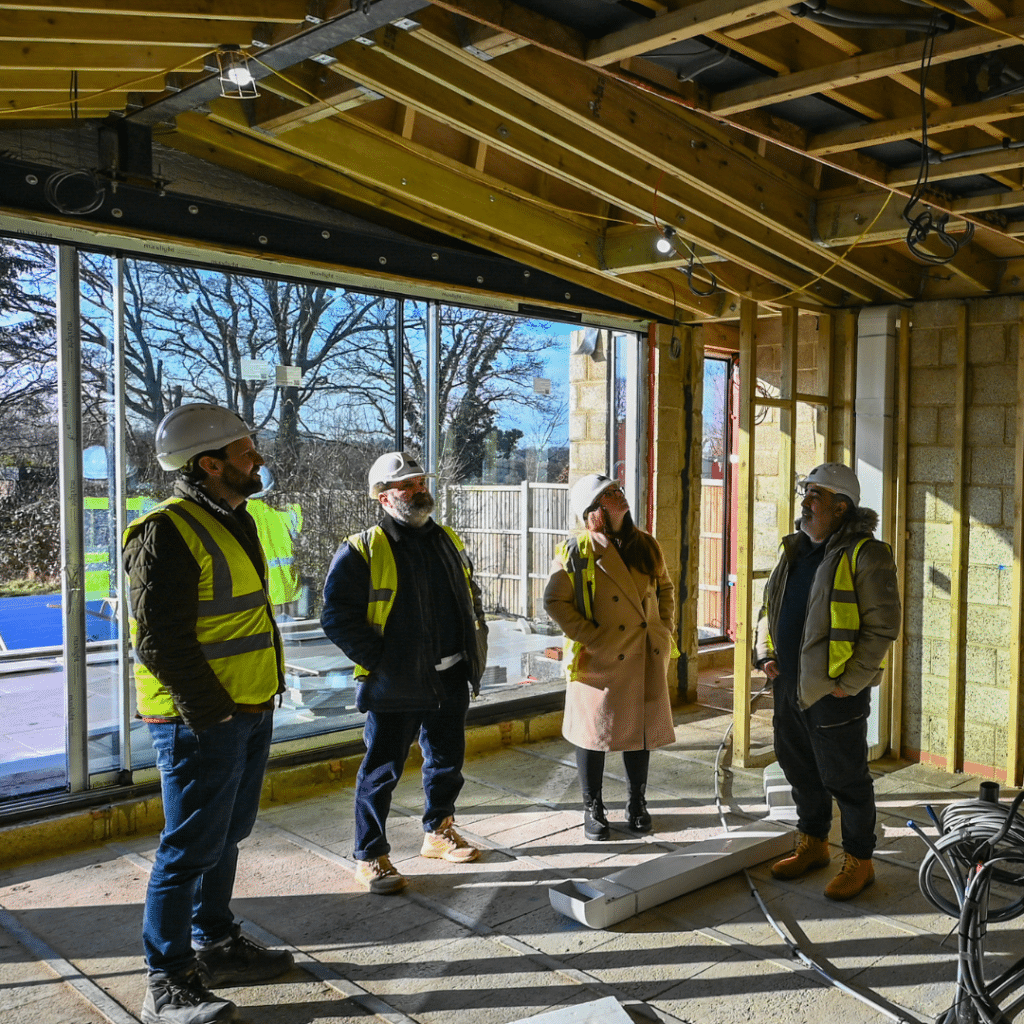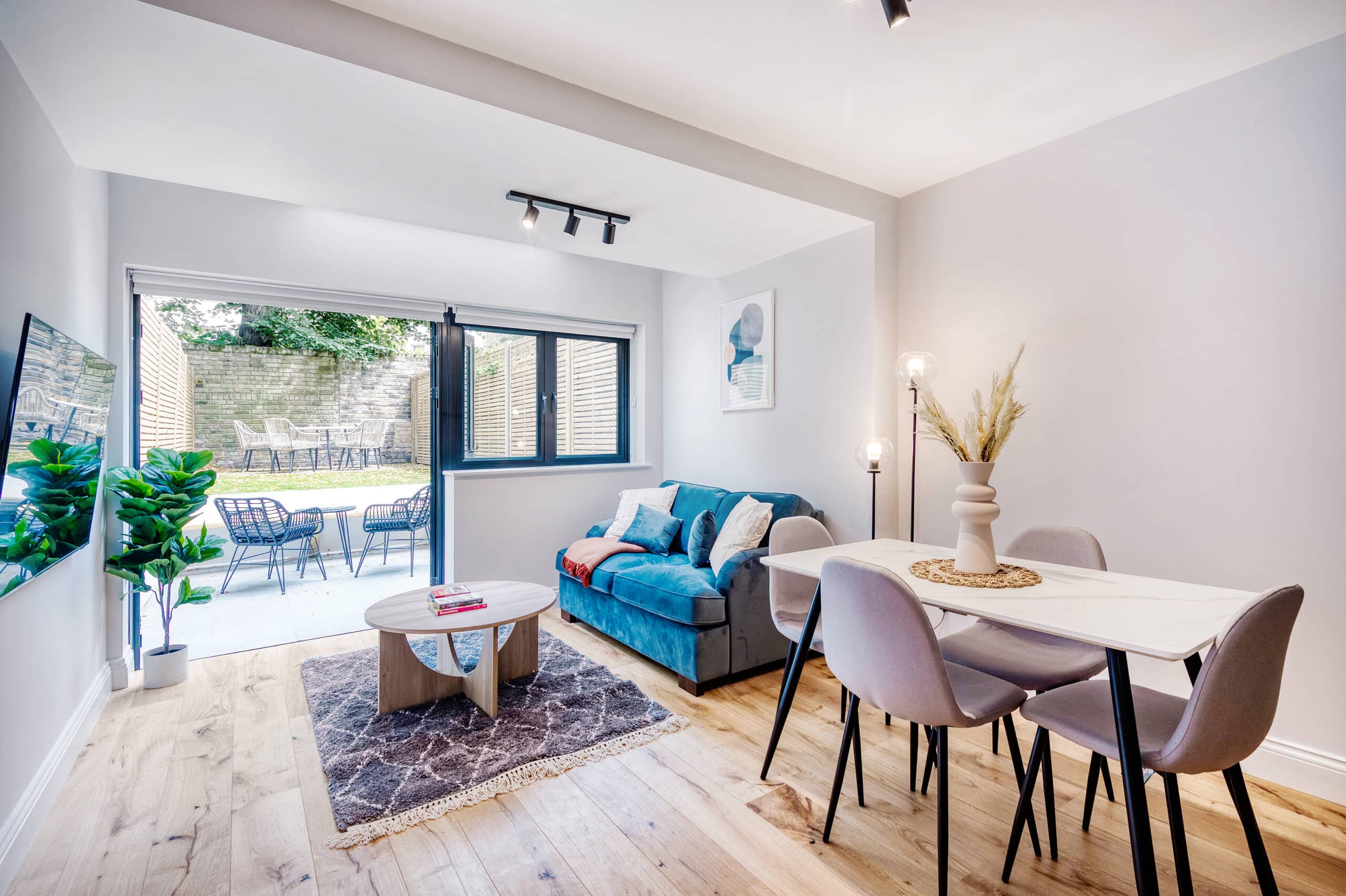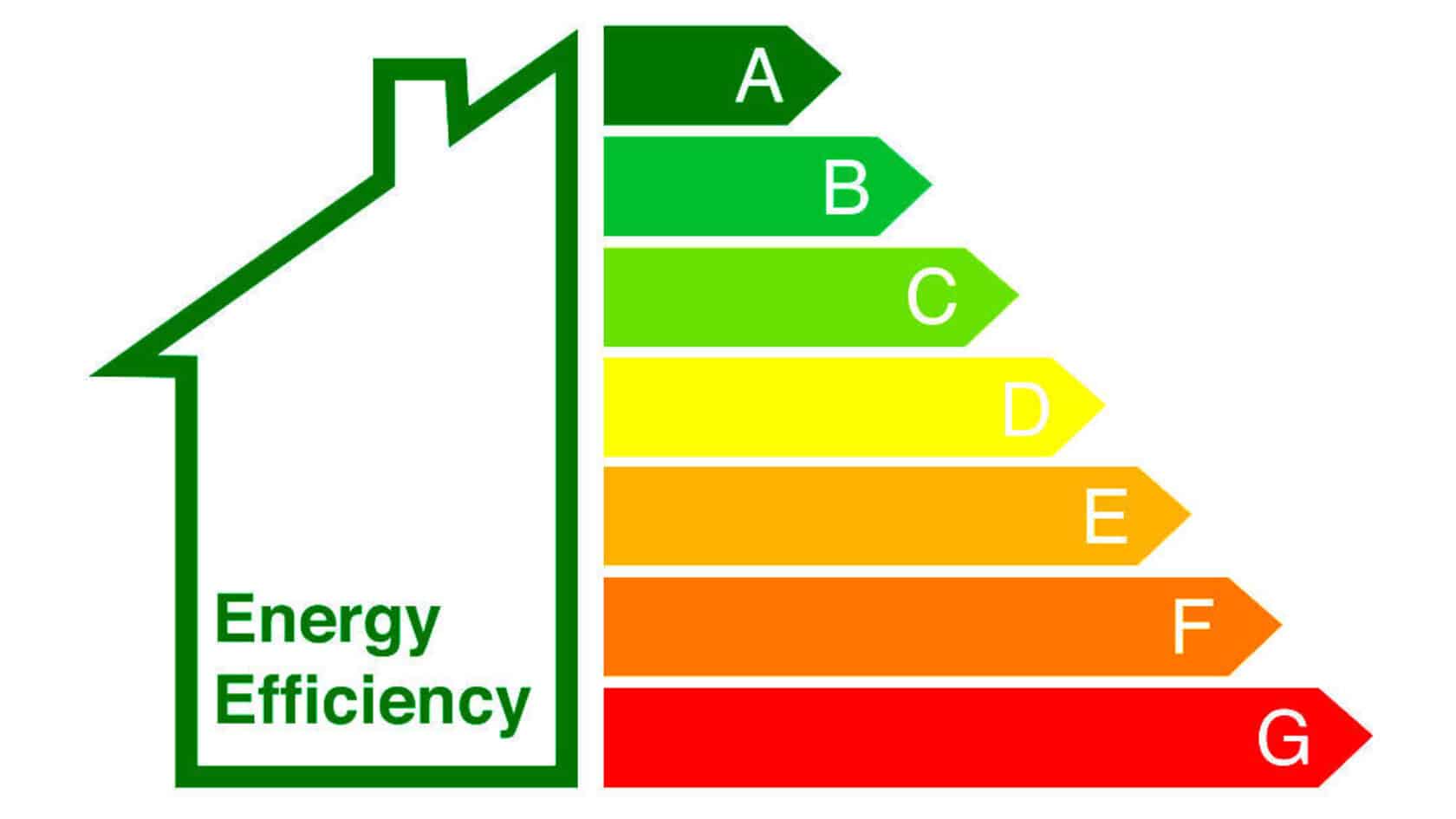
How Long Does Planning Permission Take?
How Long Does Planning Permission Take? A Homeowner’s Guide to UK Timelines
Planning a home extension, loft conversion, or garden office can be exciting. You start imagining the finished result and how it will improve your space. But then comes the part many homeowners don’t expect: waiting for planning permission.
If you’ve never gone through the process before, it can feel confusing and slow. How long does it take? Why is it taking so long? What could cause delays? These questions are common, and not knowing the answers can lead to frustration.
That’s why understanding the planning permission timeline is so important. When you know what to expect, you can plan more effectively and avoid surprises that could push your project back by weeks or even months.
In this guide, we’ll break it all down for you in simple terms. You’ll learn how the process works, what affects the timeline, and what you can do to speed things up and stay in control.
Read Also: Do I Need Planning Permission?
Understanding Planning Permission in the UK
Planning permission is official approval from your local planning authority, often your local council. It’s needed for certain types of building work or when you want to change how land or a building is used.
You’ll likely need planning permission if you’re building something new, making a major change to your property, or altering the use of your space. This includes things like large extensions, building a new home, or converting a commercial space into residential.
But not every project needs it. Many common home improvements, such as small rear extensions or loft conversions, may fall under what’s called Permitted Development Rights. These are rules that allow some work without full planning permission, as long as it meets specific limits.
Getting the right permission matters. Without it, you could be forced to undo the work or face legal action. It also protects your investment and ensures your plans follow local building rules and environmental standards.
Knowing whether you need planning permission is the first step toward a smooth, stress-free project.
The Planning Permission Timeline: What to Expect
Pre-Application Stage
Before you officially apply for planning permission, it’s smart to speak with your local planning authority (LPA). This is called the pre-application stage. It’s not required, but it can save you time and money in the long run.
During this stage, you can get feedback on your plans and find out if there are likely to be any problems. It usually takes between 2 and 12 weeks, depending on how complex your project is and how quickly the council responds.
Application Submission and Validation
Once you submit your planning application, the LPA needs to check it before they can begin reviewing it. This is called validation.
They’ll make sure you’ve included all the right forms, drawings, and documents. If anything is missing, they’ll ask you to fix it. Validation can take anywhere from a few days to a few weeks, depending on how busy the council is.
Public Consultation Period
After your application is validated, a 21-day public consultation period begins. During this time, your neighbours and local groups can comment on your proposal.
This is a normal part of the process, and not all feedback is negative. However, strong objections can influence the final decision, so it’s helpful to keep your neighbours informed and on side before applying.
Decision-Making Process
Once the consultation period ends, the LPA starts reviewing your application in detail. For most standard projects, a decision is made within 8 weeks.
If your proposal is larger or more complex, it may take up to 13 weeks. Applications that need an Environmental Impact Assessment can take up to 16 weeks.
Delays can happen, especially if your plans need revisions or if the LPA is short-staffed. Keeping communication open and submitting a complete, clear application from the start gives you the best chance of a smooth and timely outcome.

Factors That Can Affect Planning Permission Timelines
Complexity of the Project
The bigger or more unusual your project, the more time it may take to review. Large home extensions, new builds, or anything with a non-standard design often needs more detailed assessments. This adds time to both the planning officer’s review and any follow-up checks.
Objections from Neighbours or Stakeholders
During the 21-day consultation period, neighbours and local groups can raise objections. If serious concerns are raised, the LPA might pause to gather more information or discuss possible changes. In some cases, the application may need to go before a planning committee, which can add weeks to the timeline.
Environmental and Heritage Considerations
If your property is in a conservation area or near a listed building, extra rules apply. You may need a heritage impact assessment or an environmental review. These add steps to the process and often involve external specialists, which can extend the timeline significantly.
LPA Workload and Resources
Even straightforward applications can be delayed if your local council is dealing with a backlog. Some LPAs are under pressure due to limited staff or high volumes of applications. In these cases, delays have nothing to do with your project and everything to do with capacity.
Requests for Additional Information
If your application is missing details or something needs clarification, the LPA may request extra documents. While common, this pauses the clock until you respond, so make sure your submission is as complete as possible from the start.
Explore Also: What happens after Planning Approval?
Regional Variations: How Location Influences Timelines
Planning permission might follow a national framework, but in practice, timelines can vary a lot depending on where you live in the UK.
Some local planning authorities (LPAs) are well resourced and process most applications within the standard 8-week window. Others, especially in areas with high demand or staff shortages, might take longer, even for straightforward cases.
For example, councils in busy cities or growing towns often deal with a high number of applications at once. This can create backlogs that slow things down. On the other hand, smaller or better funded LPAs might move more quickly because they’re dealing with fewer projects.
It’s also worth noting that different councils have slightly different approaches. Some may offer faster online systems or better pre-application advice, while others may take longer to validate and review documents.
That’s why it’s always a good idea to check with your local council before starting. Many LPAs publish estimated timelines on their websites, and a quick phone call can give you a realistic idea of what to expect in your area.
Knowing this in advance helps you plan with fewer surprises.
Tips to Expedite Your Planning Permission Process
Engage Early with Your LPA
Before you even submit your application, it helps to speak with your local planning authority. Most councils offer pre-application advice. This gives you a chance to ask questions, understand any local policies, and spot possible red flags early on. It can save weeks of back-and-forth later.
Prepare a Comprehensive Application
One of the most common causes of delay is missing or incorrect paperwork. Make sure your application includes all required forms, drawings, and documents. Check your council’s validation checklist and double-check before you submit. A complete application gets validated faster, and moves through the system sooner.
Consult with Neighbours
It’s smart to have a quick word with your neighbours before you apply. Explain your plans and listen to any concerns they might have. A friendly conversation can often prevent formal objections that might otherwise delay your application.
Hire a Planning Consultant or Architect
An experienced professional can help you get things right the first time. They understand the system, know how to avoid common mistakes, and can even communicate directly with the LPA on your behalf, which keeps things moving smoothly.
What to Do If Your Application Is Delayed or Refused
Understanding the Reasons
If your planning permission is taking longer than expected, don’t just sit and wait, call your local planning authority and ask for an update. Sometimes delays happen because of workload, but other times they might be waiting on more information from you.
If your application is refused, you’ll receive a decision notice with the reasons for rejection. These might include design issues, objections from neighbours, or conflicts with local planning policies. Read this carefully, as it will guide your next steps.
The Appeal Process
You have the right to appeal a refusal or if no decision has been made within the expected timeframe (usually 8 weeks). Appeals are handled by the Planning Inspectorate and can take several months, sometimes longer.
But here’s the thing, appeals don’t always go in your favour and they take time. Often, the quicker and more effective route is to revise your application based on the feedback and resubmit. You’ll have a better chance if your changes address the concerns directly.
When in doubt, speak to a planning consultant, as they can help you figure out whether it’s worth appealing or tweaking your plan.
Planning Ahead for a Smoother Process
Understanding how long planning permission takes, and what can affect it, is one of the smartest steps you can take before starting any building work. It helps you plan better, stay on budget, and avoid surprises.
While the process can feel frustrating at times, there’s a lot you can do to keep things moving. Start by speaking with your local authority early, preparing a complete application, and staying open with your neighbours. These small steps make a big difference.
If things go off track, don’t panic. You have options, and professional help is always available.
Ready to get started with your planning project? Don’t leave things to chance, speak to Aura Architecture’s experienced architects and planning consultants early on to get the right advice from the outset.

Need help starting your Home Improvement works?
Fill out our contact form and we'll get in touch.
click here

